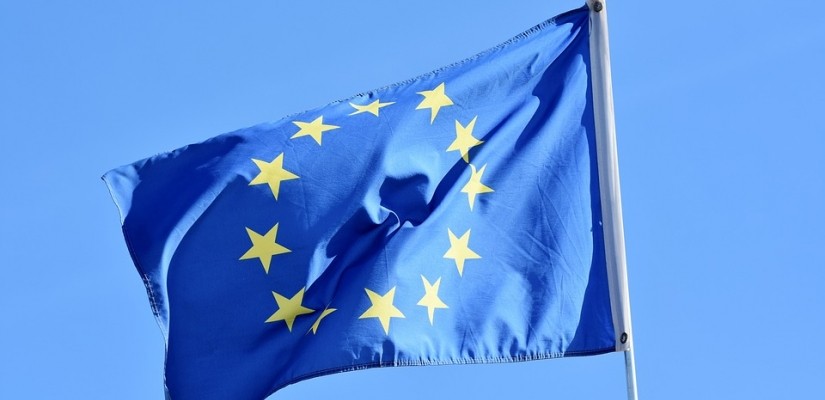In April 2019, the Council of the European Union voted in favor of adopting the Directive on Copyright in the Digital Single Market as European Union (EU) law. The copyright directive entered into force on June 6, 2019. EU member states now have to convert the new legislation into domestic law by June 7, 2021. EU lawmakers seek to adjust copyright regulations to modern media and grant both copyright holders and content creators greater protection by ensuring that their work is accordingly distributed and remunerated across the EU.
The copyright directive did not enter into force without considerable resistance from EU citizens, political parties, and digital rights activists. Policymakers, creators, rights holders, and content publishers such as technology giants Google and YouTube are affected by the newly adopted law. In the months leading up to April 2019, petitions against the directive were signed and protests organized. The reasons for this commotion are Article 15 and Article 17 of the new directive. In the media, they are widely known as Draft Article 11, or ‘the link tax’, and Draft Article 13, or the ‘upload filter’, respectively.
The more controversial of the two is Article 17, as it dictates what kind of online content is legal and accessible in the EU and what kind of content is not. All platforms, including market leaders YouTube, Facebook, and Twitter, are responsible for examining copyrighted material that they host in advance. These companies will have to buy licenses for any copyrighted content which is distributed on their platform. If they do not or cannot purchase a license, they will have to make sure that any copyrighted material is not published on their site. Article 15 of the copyright directive forces enterprises such as Google to pay license fees to publishers for displaying previews of their articles. This would render tools such as Google News less profitable.
Among many other businesses, YouTube is against these new regulations. YouTube will have to invest more into licenses but, above all, it will have to invest in upload filters that sort out copyrighted material. In contrast, content owners, creators, and copyright collectives are in favor of the new EU law, as unlawful distribution of content will be more rigorously regulated in the future. A great concern, however, is that upload filters will block content that is permittable to release. The underlying risk would be that widespread censorship could be the result. To combat this issue, Google is developing upload filters that will adequately categorize content. Progress in such filter technology will bring significant financial profits for market-leading developers.

Specifics of the new directive may confuse and deter businesses operating in the EU. The directive, however, contains a number of exceptions. E-market businesses such as Amazon and ebay, or educational, research, and cultural heritage institutions are exempt from the regulations and can continue operations as usual. Reviews, caricature, pastiche, parody, quotes, and criticism are also exempt from restrictions. Users can continue to upload such content without concern. What the public is worried about is that upload filters will not be able to distinguish between copyrighted content and parody. This could lead to a widespread ban of online material.
In spite of such concerns, the political organs of the EU largely backed the new copyright law. The new jurisdiction ensures that the internal digital market of the EU is not fragmented by diverging national copyright laws. A major objective of the EU project is to secure European unity. Legal division among EU members would result in disadvantages for certain countries.
348 members of the European Parliament voted in favor while 274 members voted against the adoption of the draft. The conservative European People’s Party (EEP) holds the most seats in the European Parliament and can be regarded as a driving force of translating the draft into law. The party was predominantly in favor of the motion. The center-left Progressive Alliance of Socialists and Democrats (S&D) constitutes the second-largest party in the parliament and exhibited a similar trend. Parties that showed greater resistance were right-wing parties and the Greens. The Council of the European Union, represented by government ministers from all 28 EU member states, gave its final approval in April 2019. Only 6 states voted against the draft and 3 countries abstained from voting.
A partial rejection of the new copyright law can be explained by recent EU-wide tendencies towards nationalism and right-wing politics. Right-wing populists purport that the directive interferes with domestic laws and state sovereignty. Blanket constraints and regulations imposed on member states by the EU have been a longstanding subject of contention. Right-wing parties can utilize such issues to win over frustrated voters. Polish politics is a case in point. Dominated by the right-wing Law and Justice party, Poland was quick to officially challenge the new copyright legislation in May 2019. While this complaint is not likely to deliver the desired results for Poland, the move illustrates the inherent politics of the Directive on Copyright in the Digital Single Market.
